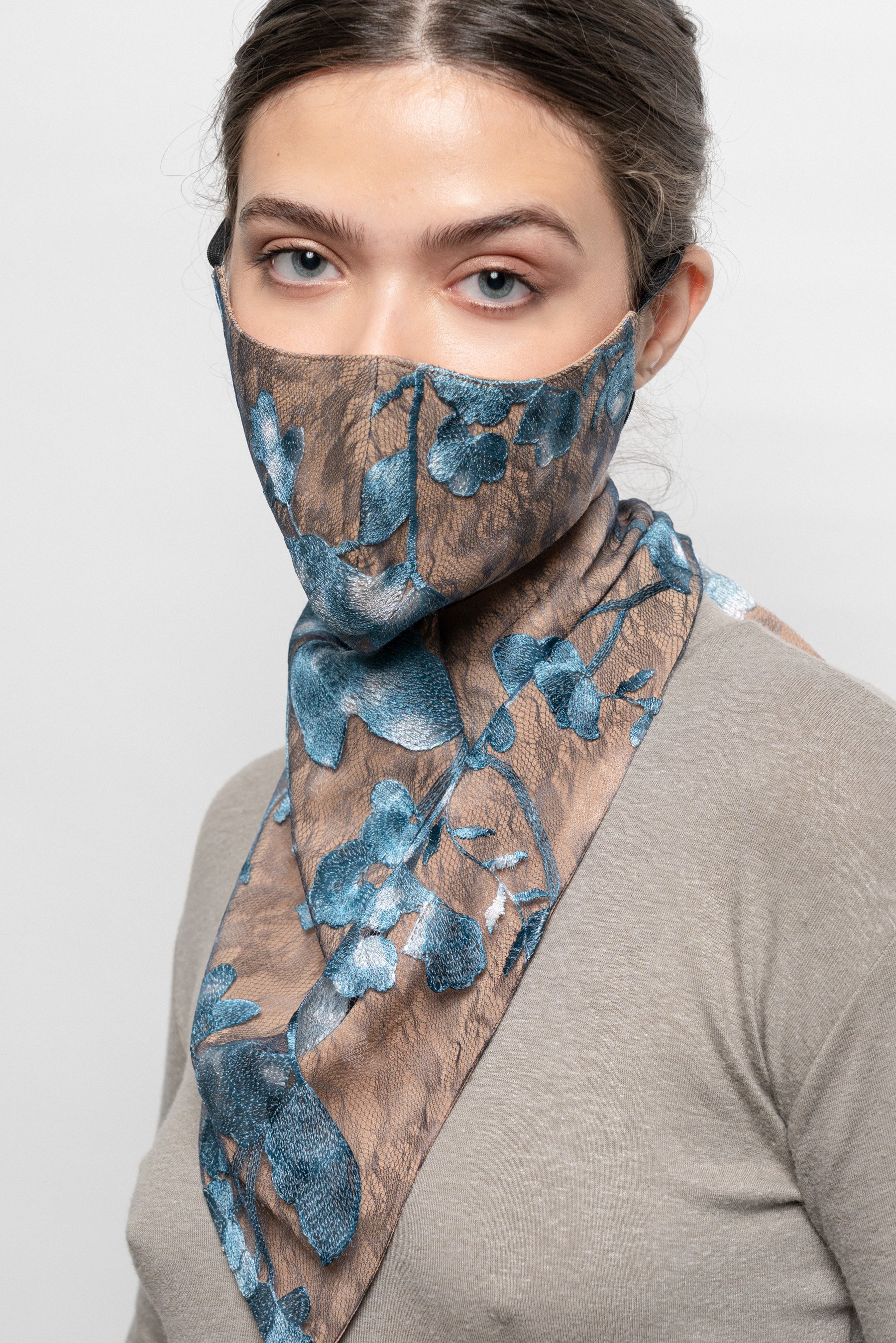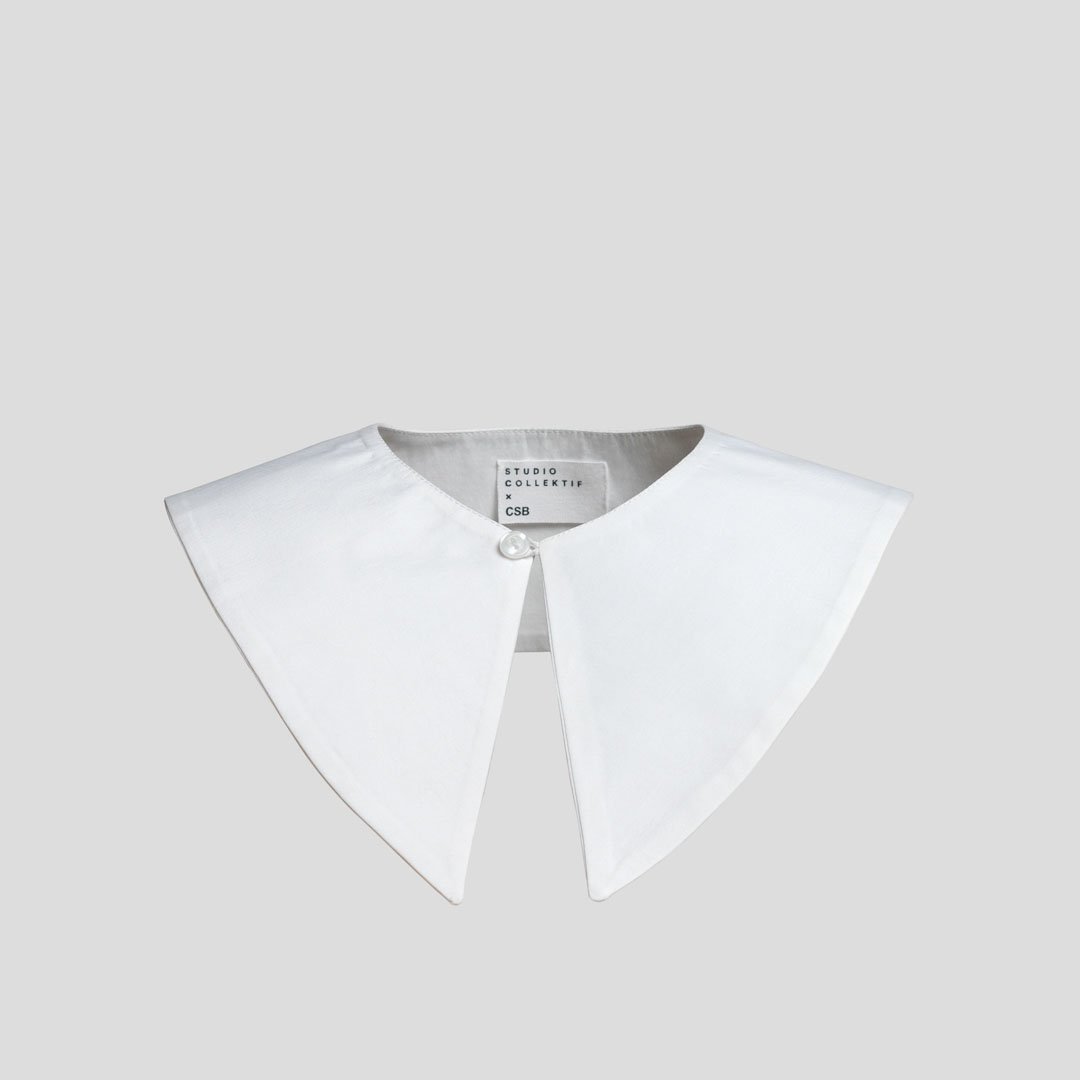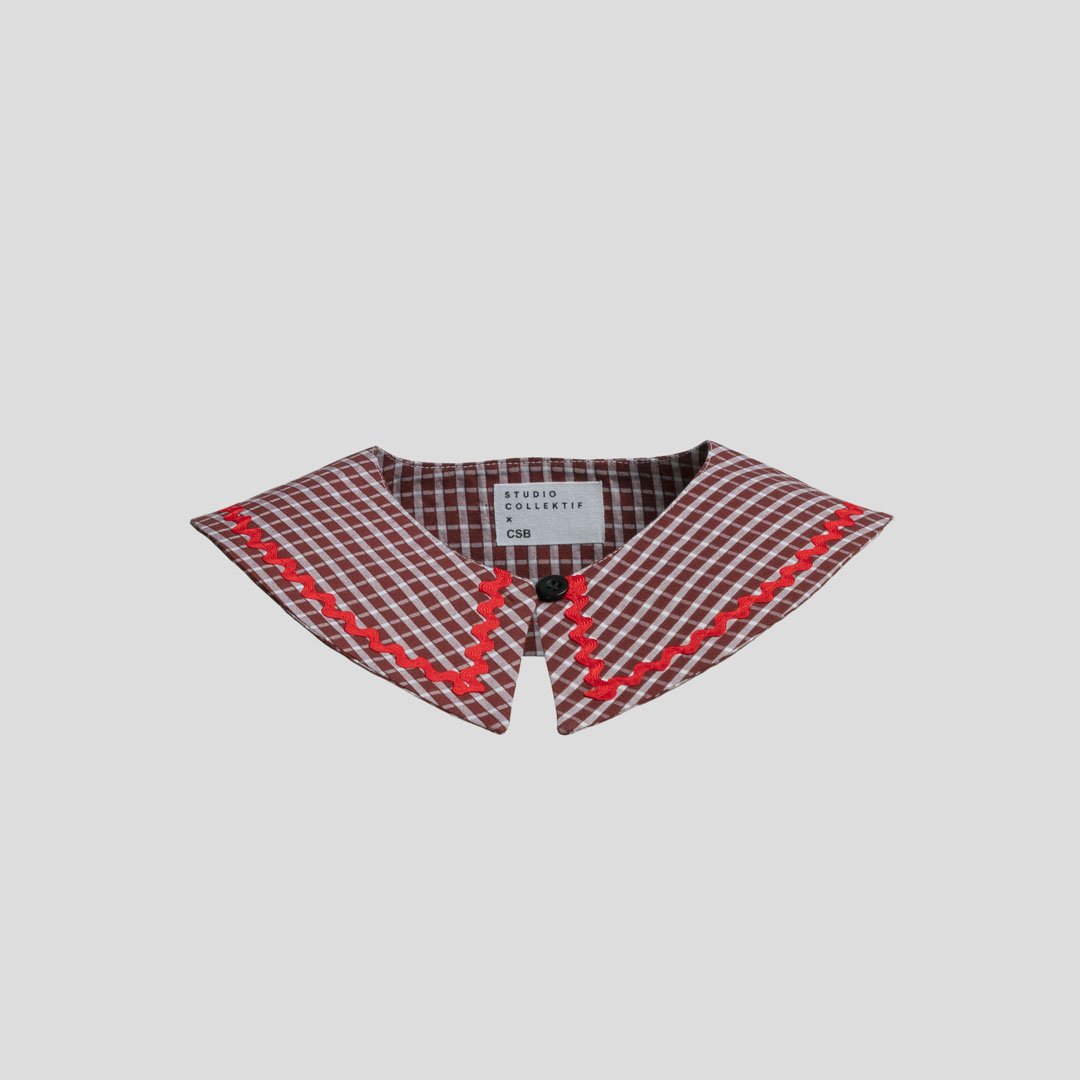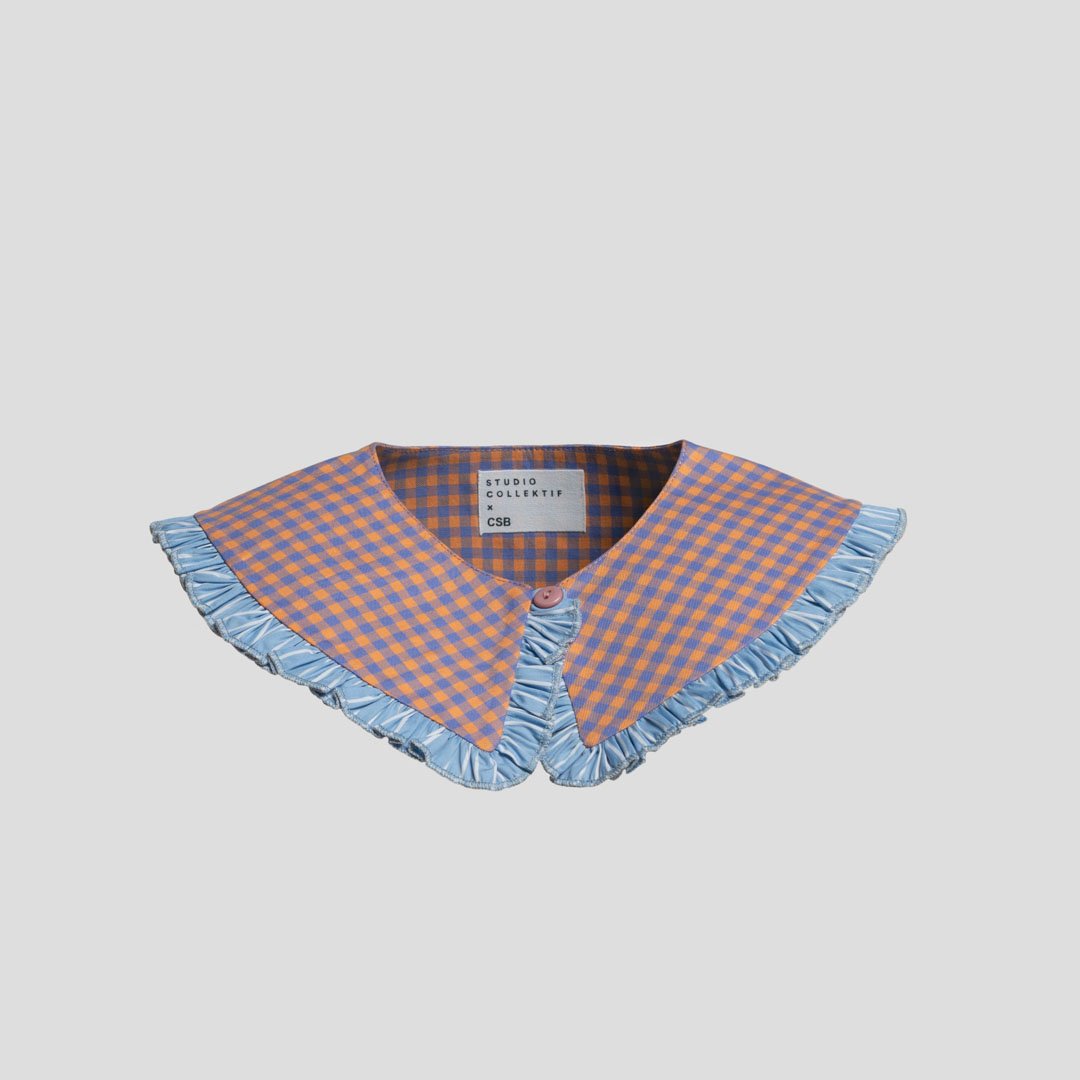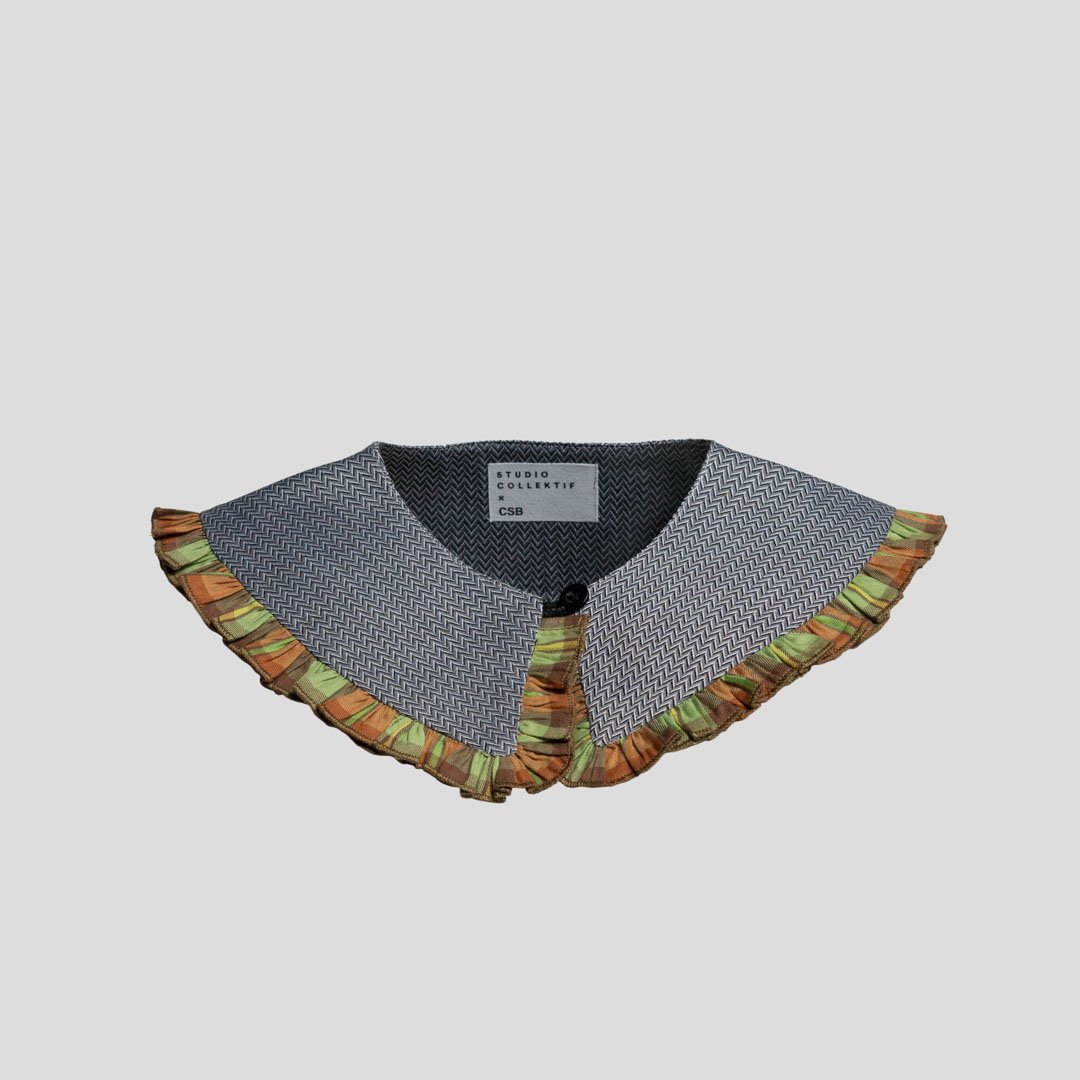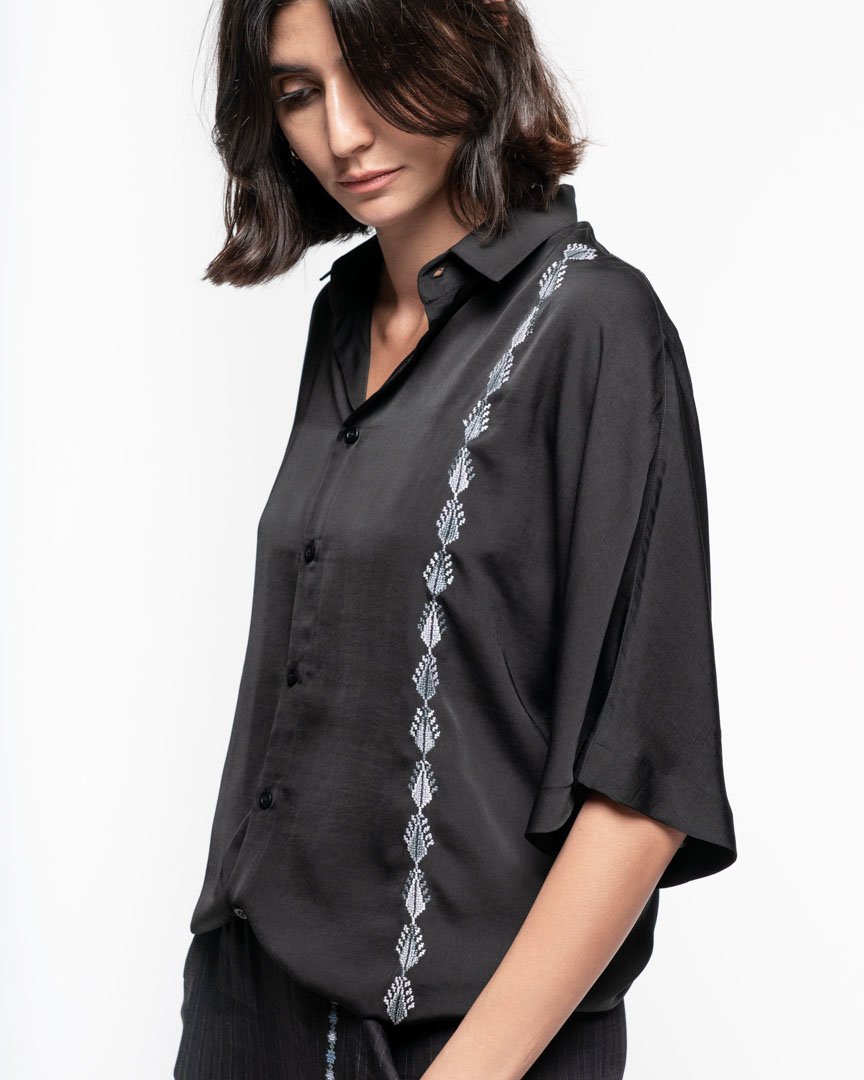Curriculum
Creative Space Beirut’s three-year program focuses on fostering design skills while promoting critical thinking and a solutions-oriented approach to creativity. The goal is to nurture designer-citizens equipped to navigate their careers and make a significant impact on the creative industry and on the world around them. The curriculum blends technical, conceptual, and experiential learning to comprehensively develop skills, preparing students for the job market with the latest in design techniques and materials technology.
The program ensures students are well-versed in current industry standards and instills a commitment to sustainable practices, mindful collaborations, and community building. Additionally, the CSB curriculum is continually adapted to align with industry demands, filling crucial gaps with targeted skills training. This dual approach of education and hands-on training significantly enhances skill sets and job readiness.













Semester One
Year One
Foundations
Establishes a solid base in fashion design, introducing conceptual, technical, and digital design skills.
Year Two
Craftsmanship
Semester Two
Semester One
Advances into more complex design techniques, focusing on material exploration, refined construction methods, and design innovation.
Semester Two
Year Three
Thesis
Semester One
Brings together all elements of the program in a comprehensive final collection while sharpening business, digital, and communication skills for industry readiness.
Semester Two
Surface Design IV
Knitting, Macramé, Weaving, Feltmaking
Electives
Electives offer specialized pathways for creative exploration, experimentation, and deepening of skills across digital, sustainable, and narrative disciplines.
Experiential learning is a hands-on educational approach where individuals gain knowledge and skills through direct experience in the industry and reflection on those experiences.
Experiential Learning
Integrated into the curriculum, Creative Space Beirut’s experiential learning model immerses students in the full spectrum of the production process, from initial design to sampling and final production. Over their three-year tenure, students engage with real-life collaborations, work with clients, and engage in in-house production projects. This hands-on approach not only equips students with practical skills but also fosters a realistic perspective on the industry and the various parts of the design, execution and production processes. The pieces they design and produce during in-house projects are reproduced and sold as CSB products in support of the school, creating a tight-knit circular ecosystem.
Partnerships with boutiques, private clients, and industry stakeholders are crucial to CSB's curriculum. These collaborations provide hands-on experience, enhance practical industry understanding, and foster a cooperative spirit within the students and community. Engagements with NGOs and humanitarian initiatives further instill a strong sense of social responsibility among students.


